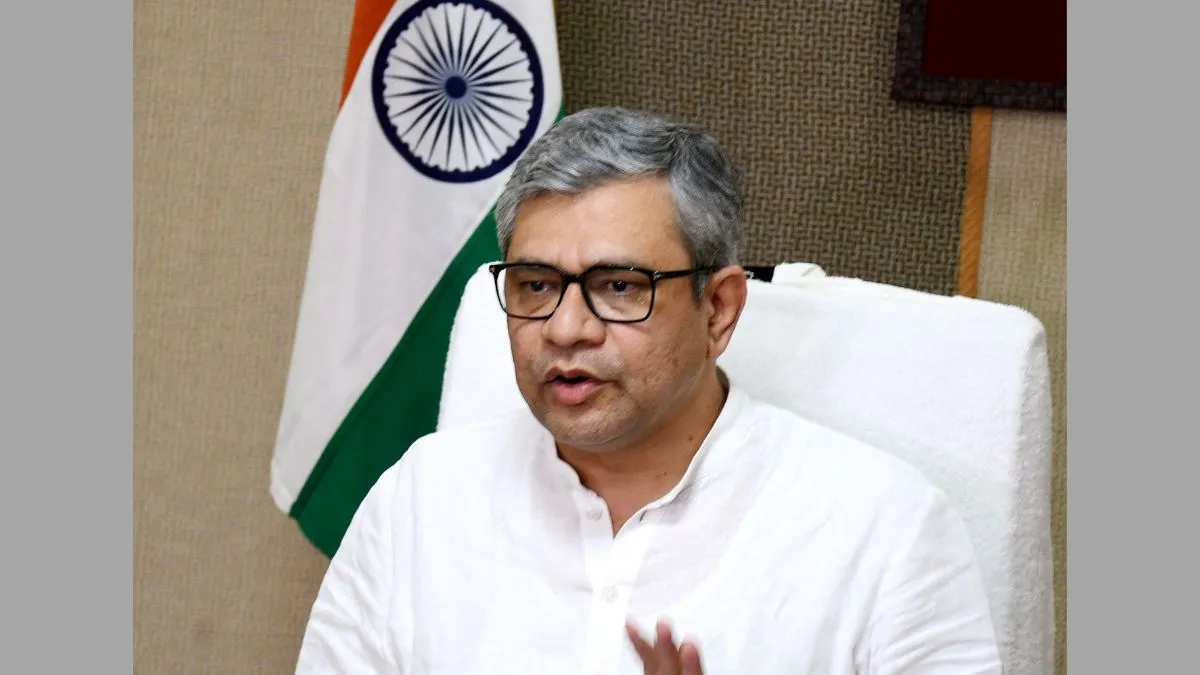- By Deeksha Gour
- Fri, 07 Feb 2025 10:08 PM (IST)
- Source:JND
The Union Cabinet on February 7 approved the continuation and restructuring of the Skill India Programme, allocating Rs 8,800 crore for its implementation from 2022-23 to 2025-26. This decision aims to enhance skill development efforts by integrating demand-driven, technology-based, and industry-aligned training across the country.
Union Minister Ashwini Vaishnaw stated the government's focus on building a future-ready workforce by bringing together multiple skill training schemes under one umbrella. He stated that the approval reaffirms the commitment to creating employment opportunities and strengthening vocational education in both urban and rural areas.
ALSO READ: List of 100+ Indian Government Schemes And Their Benefits: PMAY, Ujjwala Yojana And More
What is the Skill India Programme?
The Skill India Programme is a central government initiative aimed at providing structured skill training, vocational education and industry-specific learning. The revamped scheme combines three key schemes—Pradhan Mantri Kaushal Vikas Yojana 4.0 (PMKVY 4.0), Pradhan Mantri National Apprenticeship Promotion Scheme (PM-NAPS) and Jan Shikshan Sansthan (JSS) to ensure a more streamlined approach to skill development.
Pradhan Mantri Kaushal Vikas Yojana 4.0 (PMKVY 4.0)
Under the revised framework, PMKVY 4.0 focuses on short-term skill training, upskilling and reskilling for individuals aged 15-59 years. A major update in this version is the inclusion of On-the-Job Training (OJT), which allows trainees to gain hands-on industry experience. Additionally, the scheme has introduced over 400 new courses in fields such as Artificial Intelligence, 5G technology, Cybersecurity, Drone Technology and Green Hydrogen. The training modules are available in multiple regional languages to improve accessibility.
To make vocational education more flexible, micro-credential courses ranging from 7.5 to 30 hours have been introduced. A national pool of trainers and assessors is also being developed to ensure standardised training and assessments. Skill hubs have been set up in institutions like IITs, NITs, Kendriya Vidyalayas, Navodaya Vidyalayas and other premier academic centres to expand access to quality training.
National Apprenticeship Promotion Scheme (NAPS)
The National Apprenticeship Promotion Scheme (PM-NAPS) is designed to support individuals aged 14 to 35 years by providing industry-relevant training while earning a stipend. Under this initiative, the government will contribute 25 per cent of the stipend (up to Rs 1,500 per month) per apprentice through Direct Benefit Transfer (DBT). The scheme encourages training in emerging industries such as AI, robotics, blockchain, and green energy.
To promote apprenticeship opportunities, the scheme focuses on enrolling more trainees from small businesses, MSMEs and underserved regions, including aspirational districts and the Northeast. This approach aims to bridge the gap between education and employment, ensuring that youth acquire practical skills in real workplaces.
Jan Shikshan Sansthan (JSS) Scheme
The Jan Shikshan Sansthan (JSS) Scheme is a community-based skilling programme catering to rural youth, women and economically weaker sections, primarily in the 15-45 age group. It offers flexible, low-cost vocational training at the doorstep, allowing individuals to enhance their employability through self-employment and wage-based work.
Beyond skill development, JSS also focuses on social empowerment by educating communities on health, hygiene, financial literacy and gender equality. The scheme is aligned with other government initiatives such as PM JANMAN and Understanding of Lifelong Learning for All in Society (ULLAS) to promote inclusive growth.
All certifications under the Skill India Programme are mapped to the National Skills Qualification Framework (NSQF) and integrated with DigiLocker and the National Credit Framework (NCrF), ensuring formal recognition of skills and seamless transition into employment or higher education.
By continuing this initiative, the government aims to upskill and reskill India's workforce, aligning training with global industry trends. The programme is expected to contribute significantly to employment generation and entrepreneurship, positioning India as a leader in skill-based employment.
